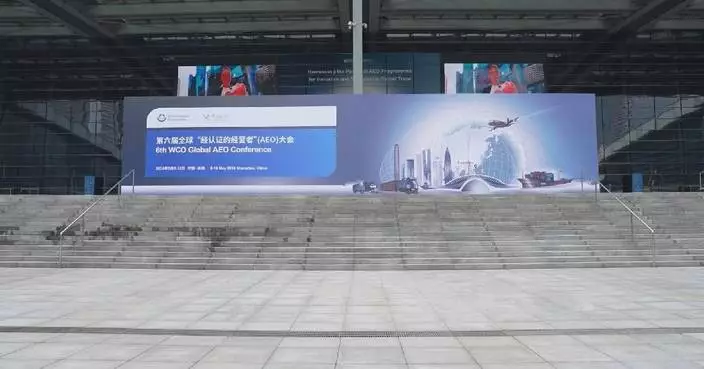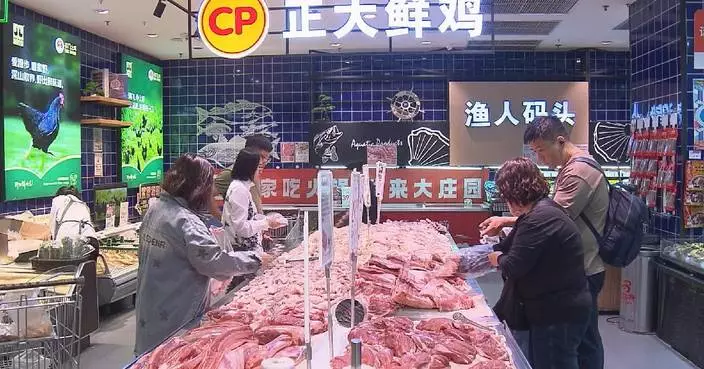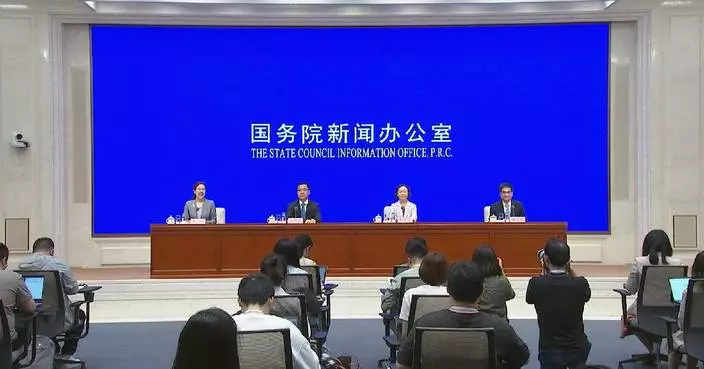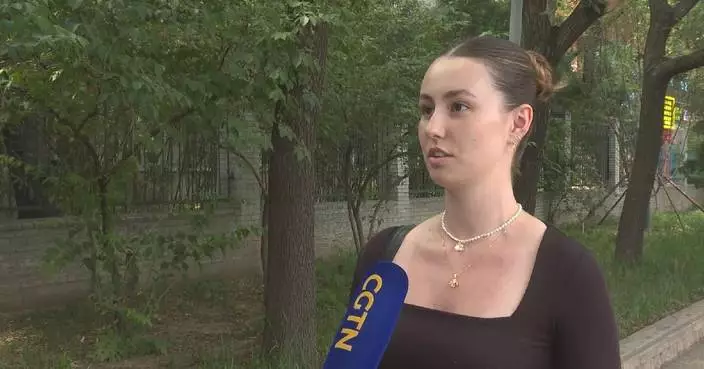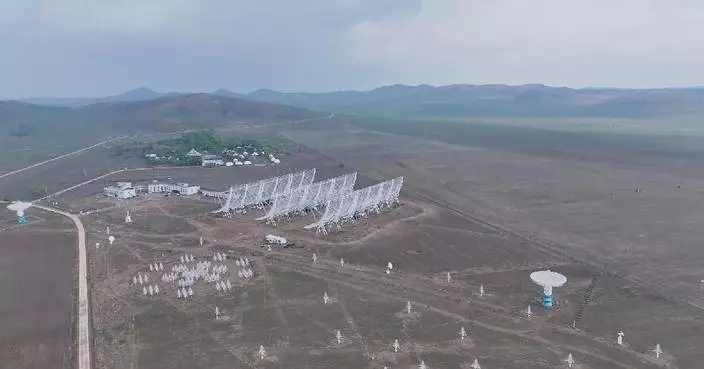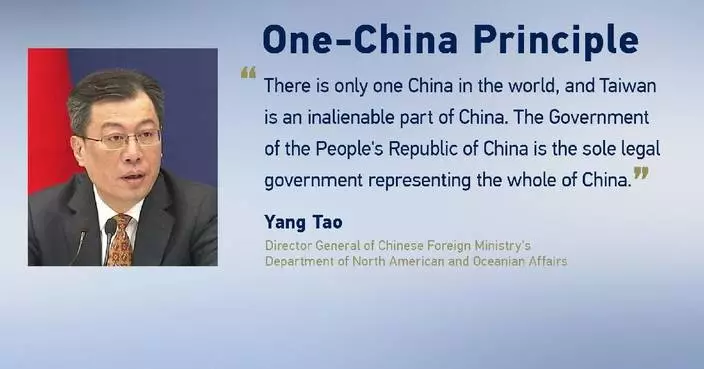Rather than posing a threat to the industries of other countries, China's new energy products are contributing to the global pursuit of transitioning towards a greener future, said Carl Fey, a professor of strategy at BI Norwegian Business School.
China has long been recognized as a powerhouse in manufacturing, but Western media outlets and political figures have been raising concerns about alleged "overcapacity" in China's new energy sector. These concerns tend to focus on electric vehicles, lithium-ion batteries, and photovoltaic products – three areas where Chinese producers have been thriving.
During an interview with China Central Television (CCTV), Fey dismantled the "overcapacity" theory, highlighting a glaring flaw.
"The key thing that one should do is one should compare the price of something like an electric vehicle that's sold in China to that of the same electric vehicle being sold, for example, in Europe, and what we find is that, in fact, those prices are much higher [in Europe] right now -- it's maybe 40 percent or so higher. It's surely not dumping, which would be that it should be much lower. So China is not breaking some sort of law in that sense," he said.
The professor urged Western politicians to put themselves in consumers' shoes and recognize China's contribution to the popularization of new energy technologies.
"We were three or four years ago, and someone was saying, 'Could we have an electric car that could actually drive far enough and be a reasonable price that people would want?' I think most people, anyplace in the world, would say we would love that. We don't care if that car comes from the United States, from China, from Europe or from Africa. Well, China is the country that invested the most to have that happen," he said.
Based on the calculations from the International Energy Agency, in order to achieve carbon neutrality, global sales of new energy vehicles will need to reach about 45 million units by 2030, a figure that is 4.5 times higher than that of 2022.
Some analysts have pointed out that the key challenge facing the world today is not an overcapacity of new energy, but rather a serious shortage.
Fey echoed such viewpoints, noting that China's solar products and electric vehicles have made substantial contributions to the global green and low-carbon transition.
"Now China is contributing about 80 percent of production capacity for solar cells and likewise about 80 percent in production capacity for electric vehicle batteries. And I should just add one final thing relating to this, and that is China has also been quite active in helping various develop[ing] countries in their green transition," he said, noting Egypt, Kenya and Uganda as primary examples.
The "more the merrier" mindset that dominates the U.S. industry sector, prioritizing measurable productivity and growth, could lead to the isolation of production activities in different countries and negative consequences for the global economy, Fey noted.
"Surely productionism [is prominent] in the U.S. at the moment, and of course this distorts the markets and I don't think is good for anyone. Depending on the resources that a particular country has, it should specialize in one particular industry or several industries, and other countries should specialize in other industries. And so this is not good for progress in the world economy," he said.

China's EVs contribute to green transition, not undercutting Europe: Norwegian scholar



